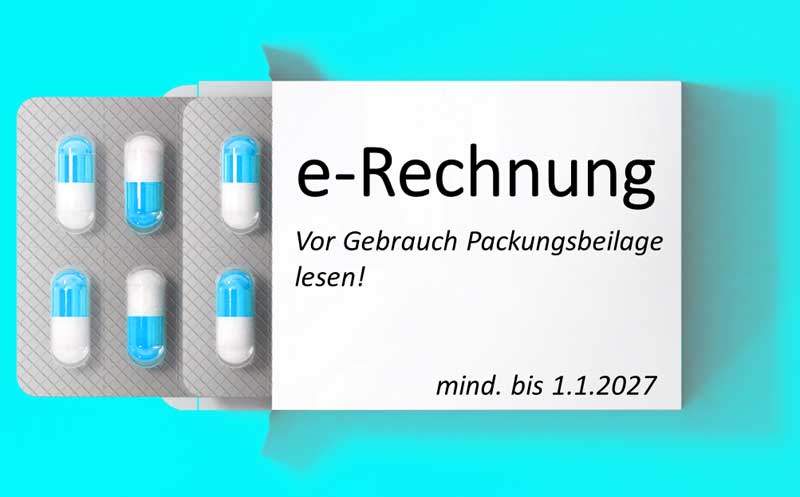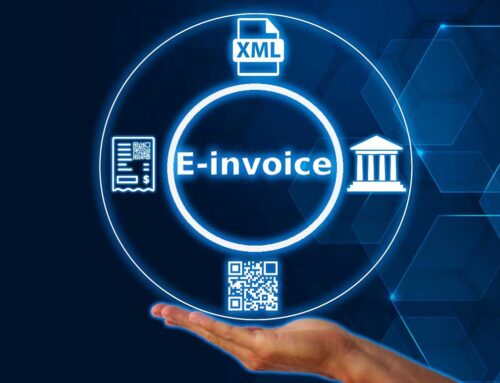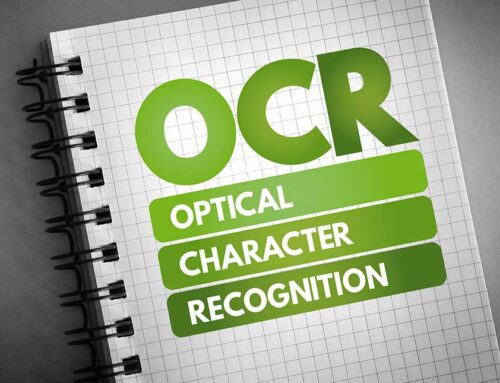The e-invoice (electronic invoice) is set to become mandatory for business entities in Germany starting in 2025. To prepare for this step, we have created a checklist for you.
Blumatix has closely monitored the draft phase of the amendment to the UstG (German VAT Act) regarding this regulation since April 2023 and has been well-informed about submissions from associations and interest groups throughout the development of the legislative and regulatory drafts.
This legislation marks the culmination of nearly 30 years of progress towards electronic document exchange, which has long been a part of daily operations for many businesses, and it will now be legally mandated for invoicing in Germany.

Current Status
As of the current status, according to the legislative text approved in the Bundestag during the second and third readings, this law, as a part of the Growth Opportunities Act, still requires approval from the Bundesrat (Federal Council). As of the time of writing this article, this approval is still pending.
What is an E-Invoice (Electronic Invoice)
When reading the legal text, a distinction is made between electronic invoices and other invoices in different electronic formats or on paper. While this may sound confusing, it will have practical implications for businesses.
- Electronic invoices are defined as those that conform to the syntaxes specified in EU Directive 2014/55/EU dated April 16, 2014, or other formats agreed upon between the invoicer and the invoice recipient.
- The second option requires an agreement between the exchanging companies (“agreed upon”), ensuring the correct and complete extraction of information required by the law into a format defined by the specified syntaxes or interoperability with these standards.
Investment Protection for EDI Processes?
Particularly, this last provision was added relatively late in the overall process. According to the explanations and justifications for the enacted law, it aims to protect the investments made by companies in these processes and structures over the past decades, such as EDI (Electronic Data Interchange) processes.
What Formats Are Allowed?
The law allows for various formats, including the CEN standard, which underlies the X-Rechnung (X-invoice), as well as all other formats of structured document exchange that meet the requirements. In other words, there will likely be many formats instead of a universal one, and all of these will be considered invoices.
Is a PDF an E-Invoice?
According to this regulation, PDF invoices, which currently make up a significant portion of exchanged digital invoices, will no longer be considered invoices in Germany starting from 2025, except for specific exemptions until 2027.
When Does It Apply and to Whom?
According to the explanation provided in the enacted law, there will be no change in the fundamental introduction of mandatory electronic invoices for transactions between domestic companies as of January 1, 2025. Furthermore, there will be transitional arrangements until December 31, 2027, for companies with annual turnover < €800,000, among other exceptions.
This means that all businesses, both invoicers and invoice recipients, engaged in taxable transactions in their invoices, are obligated to create and receive invoices as electronic invoices. Exceptions include special rules and companies that are allowed to use traditional methods for invoicing during a transitional period until December 31, 2027.
*) see: https://dserver.bundestag.de/btd/20/093/2009396.pdf, 28.11.2023
BLU DELTA is a product for the automated capture of financial documents. Partners, but also finance departments, accounts payable accountants and tax advisors of our customers can use BLU DELTA to immediately relieve their employees of the time-consuming and mostly manual capture of documents by using BLU DELTA AI and Cloud.
BLU DELTA is an artificial intelligence from Blumatix Intelligence GmbH.

Author: Christian Weiler is the former General Manager of a global IT company based in Seattle/US. Since 2016, Christian Weiler has been increasingly active in the field of artificial intelligence in a variety of roles and has been part of the management team of Blumatix Intelligence GmbH since 2018.
Contact: c.weiler@blumatix.com





